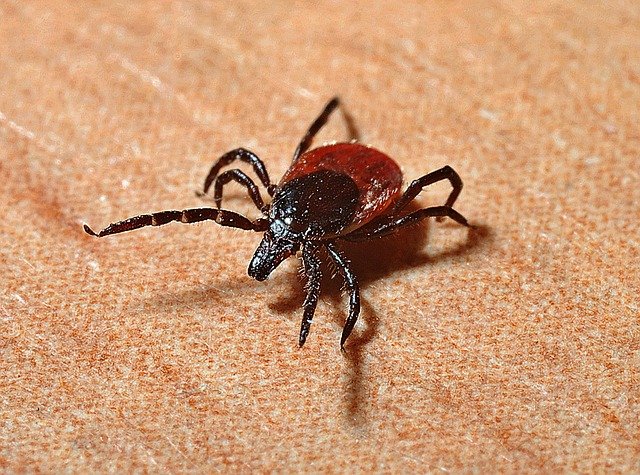
Yes, Your Pets Are Still Vulnerable to Fleas, Ticks, and Mosquitoes During Cold Weather
It’s cold outside! Most people think their pets don’t need to use flea or tick prevention during the winter. WRONG! Fleas, ticks, and mosquitoes can survive and thrive all year long in Virginia. Not only that, but your pets and home are a nice warm haven for these pests.
Parasites Can Survive in Cold Temperatures
Virginia winters can be very cold, but often we have days and weeks of warmer weather interspersed with cold weather. Mosquitoes can be active when the temperature is above 50 degrees. Ticks are active as long as the temperature is above 35 degrees! This is why it is so important to use prevention all year long.
Wildlife can Bring Fleas and Ticks Into Your Life
In this part of Virginia there is constant interaction of wildlife in our yards and farms. Rabbis, squirrels, deer, and other wildlife are seen regularly. These cute animals have warm bodies that harbor fleas and ticks. These can spread to our cats and dogs.
Preventing Parasites During the Winter
At our clinic we use monthly Interceptor Plus to prevent heartworm (which is passed along by mosquitos) and gastrointestinal parasites. We use Bravecto for fleas and ticks. It lasts 3 months!
Cats Need Parasite Protection, Too
While we mostly think of flea/tick/heartworm prevention in our dogs, don’t forget about our cats! Cats that go outside can get fleas, ticks, and even heartworms. Indoor-only cats can also get fleas and heartworms from pests that hitch a ride into our houses. At our clinic we give cats Revolution Plus to provide an all-in-one topical monthly prevention for fleas, ticks, heartworms, and intestinal parasites.
For more information on fleas and ticks please visit to the Companion Animal Parasite Council. To learn more about heartworms, check out the Heartworm Society.
– Dr. Katherine Siefker, DVM
Spotsylvania Animal Hospital provides medical and surgical care for every stage of your pet's life including preventive wellness care exams and vaccines, spays/neuters, and a variety of specialized care for your dog or cat. Learn more about us!

